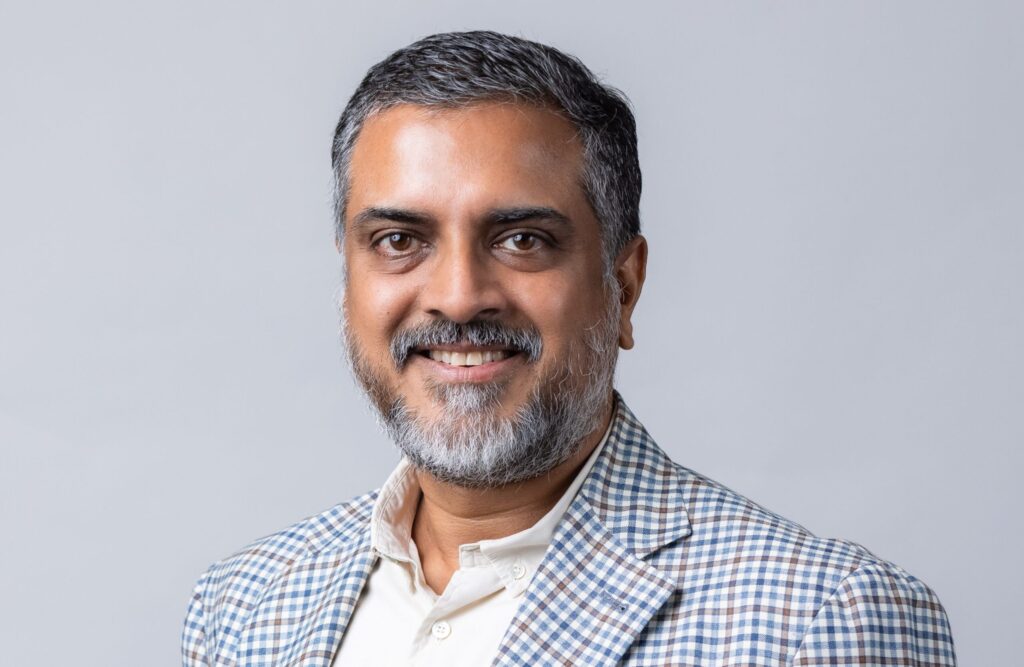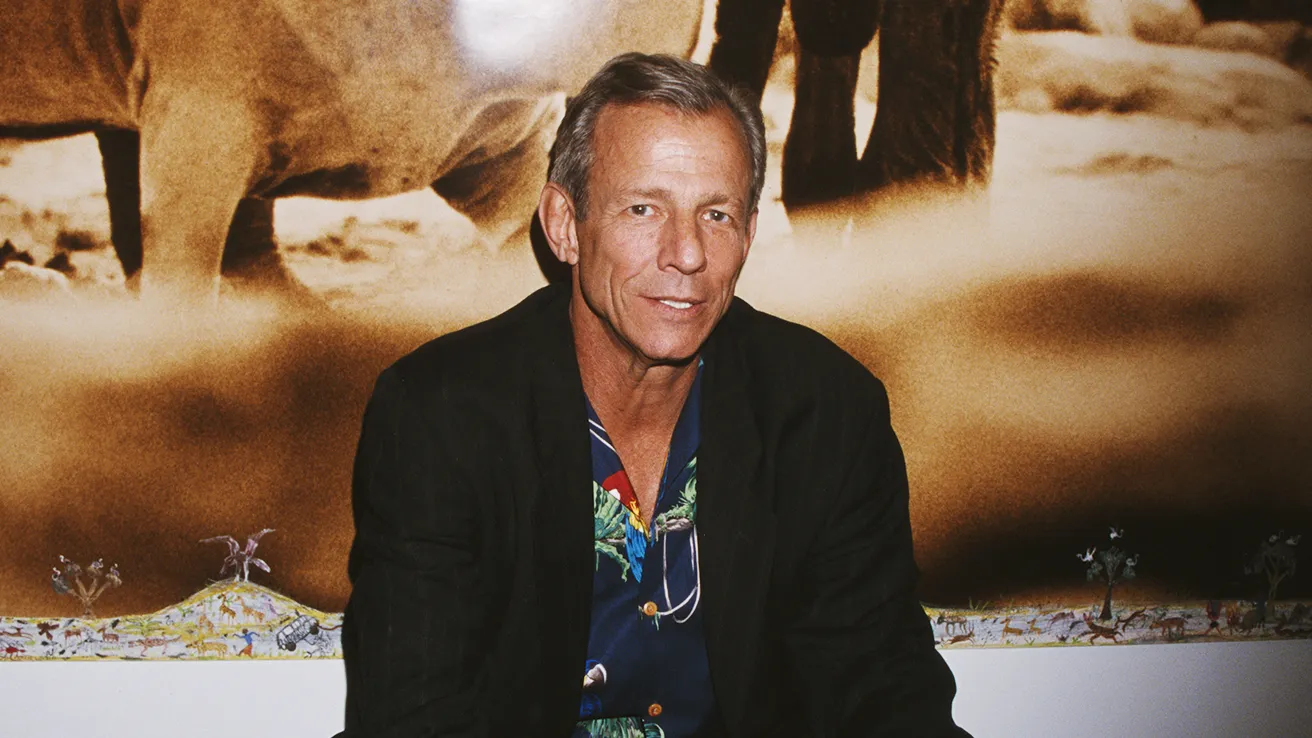Copyright hrmasia

“People expect autonomy, opportunities to put their skills to use, and a chance to solve problems and learn.” – Rajesh Ramanathan, Senior Vice-President and Regional People Lead, AMEA, Mondelez How do you build a single, cohesive people strategy for employees in Mumbai, Melbourne, Cairo, and Shanghai? One that feels relevant to a frontline factory worker using AI, a salesperson in a rural village, and a Gen Z brand manager in a digital-first hub? This is the daily puzzle facing Rajesh Ramanathan, Senior Vice-President and Regional People Lead, AMEA, Mondelez. His “office” spans geography of staggering diversity, where a one-size-fits-all HR model is not just inefficient—it is impossible. Yet, as the pace of technological and cultural change accelerates, finding a way to build capacity, capability and culture at scale is the central mission. HRM Asia spoke with Ramanathan to explore Mondelez’s blueprint for navigating this complexity and how he is moving HR from a supporting role to a core strategic driver. The ‘glocal’ anchor: Capability, Capacity, and Culture Managing the AMEA region demands a strategy that is both unified and adaptable. The solution, according to Ramanathan, is to establish a firm set of non-negotiables while allowing for flexibility in execution. “In a region as diverse as AMEA, our anchor is our unified ambition, purpose, and values – what we call our internal code,” Ramanathan stated. “We remain consistent in how colleagues experience us across markets, while allowing flexibility to adapt locally.” This philosophy is built on three pillars: Capacity: Getting the right organisational structure in place. Capability: Upskilling talent for the future. Culture: Nurturing a growth-inspired, inclusive environment. At its core, this approach recognises a universal desire. “People expect autonomy, opportunities to put their skills to use, and a chance to solve problems and learn,” he noted. To foster this, Mondelez champions talent mobility and rotation across different verticals and geographies, creating equitable opportunities and building leaders with deep cross-cultural understanding. Augmenting, not replacing: Integrating AI and digital tools The conversation around AI and automation is often dominated by fears of job displacement. Mondelez, however, adopts a clear philosophy of augmentation. “Our philosophy is clear: technology should reduce repetitive tasks, strengthen collaboration, and augment human capability – not replace it,” Ramanathan explained. “We see AI and digital tools as enablers that make work smarter and faster, so we can focus on outcomes.” This is applied across the business. In the supply chain, AI-driven analytics improve planning. In sales, digital tools provide real-time insights. Ramanathan pointed to India’s Route-to-Market model, where a “digital companion” helps sales employees manage orders, optimise inventory, and widen their coverage. This integration is also a powerful skill accelerator. Mondelez’s manufacturing sites in East Suzhou and Sri City, both recognised as World Economic Forum Global Lighthouses, serve as prime examples. Here, frontline employees are trained to use AI, the Internet of Things (IoT), and advanced analytics. “This gives them the confidence to solve problems with digital tools while building inclusion and collaboration across markets,” Ramanathan added. READ MORE: Flying high on a new strategy: Cathay Pacific pivots from stability to empowerment to rebuild its workforce And as the pace of change accelerates, “exponential growth” in talent development means looking beyond traditional career paths. For Ramanathan, it means “preparing people not just for today’s needs, but also for skills and roles that are likely to emerge in the future.” This requires a nuanced strategy that acknowledges the reality of a multi-generational workforce, where “each [generation] has different drivers of engagement and aspirations.” Mondelez tailors its capability development accordingly: In supply chain: The Integrated Lean Six Sigma (IL6S) philosophy is applied through a skill-based progression model where employees “learn, apply, and teach” skills in cycles to advance. In sales: The priority is building digital capabilities to support automation among retail partners. This focus extends to building a broad external talent pipeline through university partnerships and youth skilling programmes, such as their work with the National Skills Development Corporation in India, as well as career development programmes for women across the Middle East, North Africa, and Pakistan. The critical shift: From business support to business partner Having witnessed the evolution of HR for over two decades, Ramanathan is clear on the single most critical shift HR leaders must make today. “The most critical shift today is therefore moving from being a business support to being an influential business partner,” he asserted. “That requires HR leaders to combine business fluency with the courage to influence business building blocks and translate that to a people strategy with executable actions.” To make this leap, he outlined three priorities: Leadership: HR must act as “trusted advisors and credible activists.” Technology: HR must leverage technology “to simplify and automate…and to improve employee experience in the moments that matter most.” A skills-based future: This, he noted, is “perhaps the hardest to do.” It requires a fundamental shift away from rigid, job-based models. “The future of work will be built on skills – how they are acquired, applied, and rewarded – and our value-add as HR is to reimagine how we reward, develop, and mobilise talent,” Ramanathan concluded.



